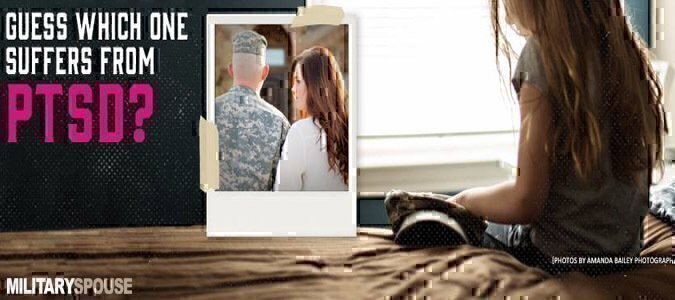How to Get Help
If you or your partner are experiencing symptoms of PTSD, there is help available. Shares Liz, “It is sometimes believed that there is no successful treatment for PTSD. That is false. Those that have PTSD must be committed to their recovery program in order to see positive results. However, between medication and therapies, those with PTSD can live “normal” lives.
“So, how can you help?” asks Dr. Yee. “By pondering this, you’ve already taken a step in the right direction! The first step is to recognize that there are those who are struggling RIGHT NOW.”
Here is her advice.
- Even if they say everything is fine, it might not be. Talk to them. Engage them in conversation.
- Offer support and encouragement. However, this does not mean that you should endure yelling, insults or anger thrown your way.
- Encourage them to socialize more. Their lack of engagement could be a clear sign of trouble. Studies show that social interaction has a significant moderating effect for many mental illnesses AND is a significant PREVENTIVE factor for suicide!
- Encourage them to seek the help of a trained professional. If they ever discuss wanting to harm themselves, seek help immediately and call 9-1-1.
Dr. Hererra-Yee concludes, “the bottom line when dealing with those who are struggling is that often they want the help, but as a result of their emotions they might be unwilling or unable to seek help for themselves. Depending on the intensity of their symptoms, they may just need a shoulder, an ear, a sympathetic friend or they may need a professional to assist and to get them back on track. Remember, many struggle in silence.”
If you reach out, you very well might be saving a life. And that life may be yours.
Written by Liz Snell, Founder of Military Spouses of Strength, and Dr. Ingrid Herrera-Yee, 2014 National Guard Spouse of the Year an Founder of Military Spouse Behavioral Health Clinicians.
Read Next: Invisible Wounds of War








